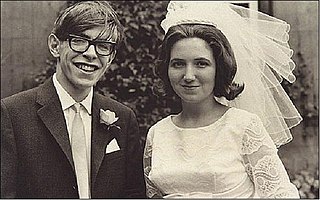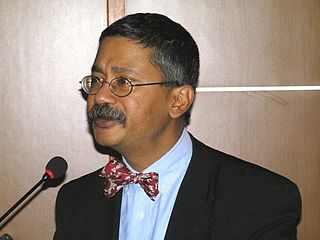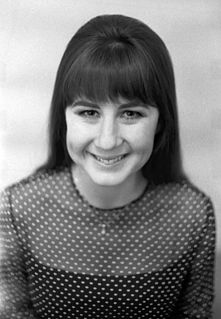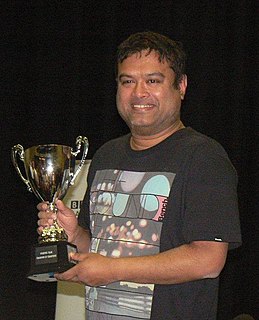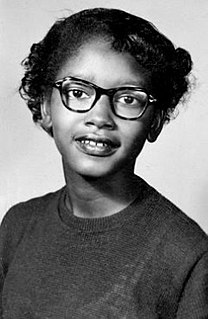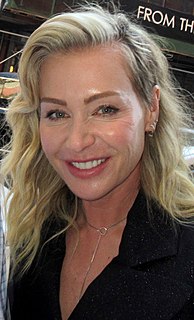A Quote by Stephen Hawking
I don't have much positive to say about motor neurone disease. But it taught me not to pity myself because others were worse off, and to get on with what I could still do.
Related Quotes
I had scarcely met Stephen, and then one Saturday I met some old friends for coffee, and they were saying, 'Gosh it's terrible about Stephen, isn't it?' They told me that he had been in St. Bartholomew's Hospital in London having horrible tests and then had been diagnosed with an atypical form of a rare disease - motor neurone disease.
At some of the darkest moments in my life, some people I thought of as friends deserted me-some because they cared about me and it hurt them to see me in pain; others because I reminded them of their own vulnerability, and that was more than they could handle. But real friends overcame their discomfort and came to sit with me. If they had not words to make me feel better, they sat in silence (much better than saying, "You'll get over it," or "It's not so bad; others have it worse") and I loved them for it.
Self-pity is the bestiality of emotions: it absolutely disgusts people. When you're feeling pity for yourself, and somebody says to you 'You think maybe it's time for the pity party to be over? You should stop feeling sorry for yourself and try to think positive,' it makes you wish you could saw their head off.
Whenever people ask me: 'Why didn't you get up when the bus driver asked you?' I say it felt as though Harriet Tubman's hands were pushing me down on one shoulder and Sojourner Truth's hands were pushing me down on the other shoulder. I felt inspired by these women because my teacher taught us about them in so much detail.
All children in the '50s were taught manners, they were taught to say please and thank you, they were taught not to be rude. And I'm seeing some problems today where somebody's losing a job because they made fun of a fat lady that couldn't fit in the elevator. I mean that was the sort of thing that, when I was eight years old, my mother made it very clear to me that that was not okay to say that kind of stuff.
I began to see myself as someone who can help others understand diversity rather than feeling like a social outcast. Ellen taught me to not care about other people's opinions. She taught me to be truthful. She taught me to be free. I began to live my life in love and complete acceptance. For the first time I had truly accepted myself.

